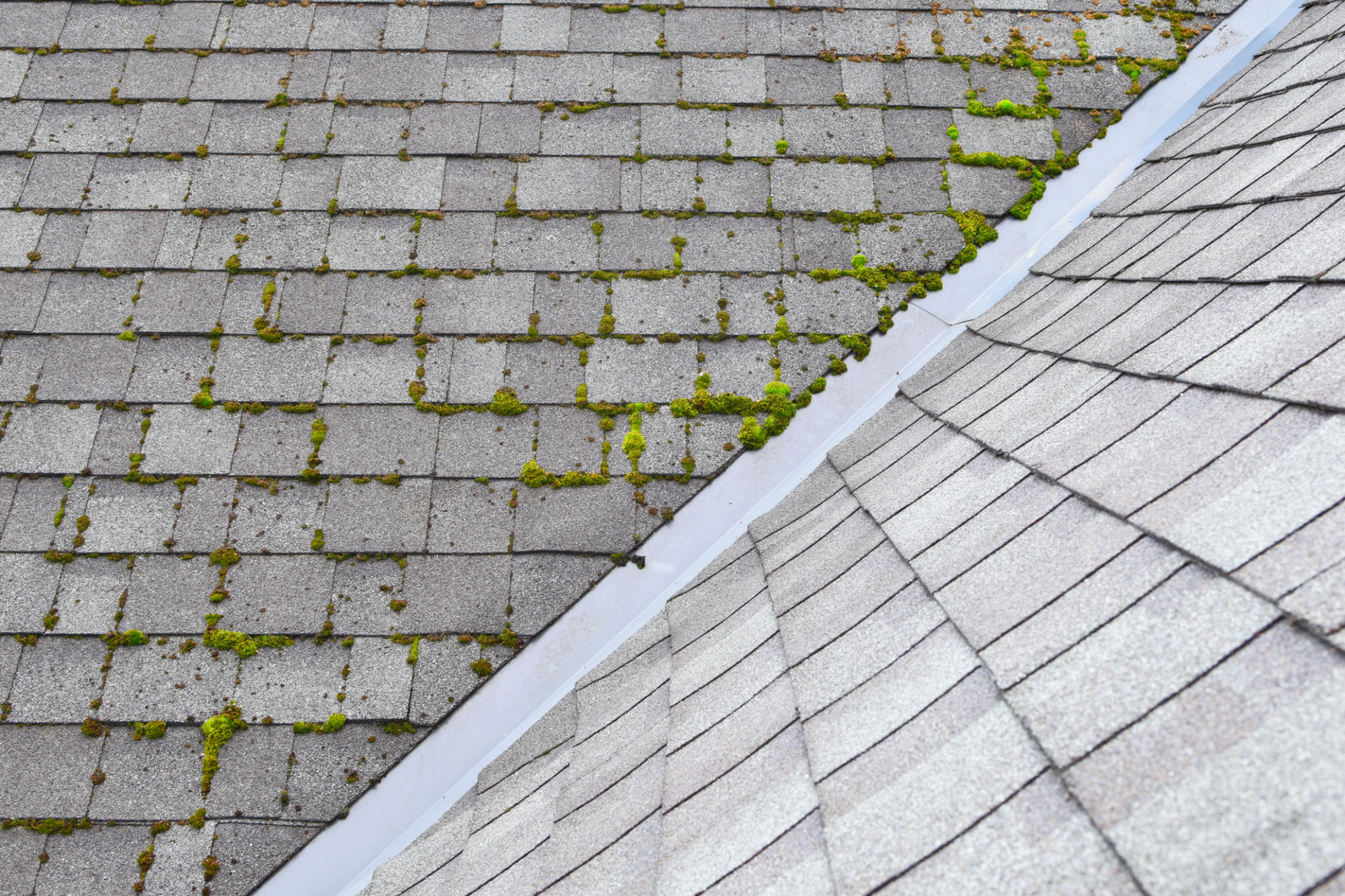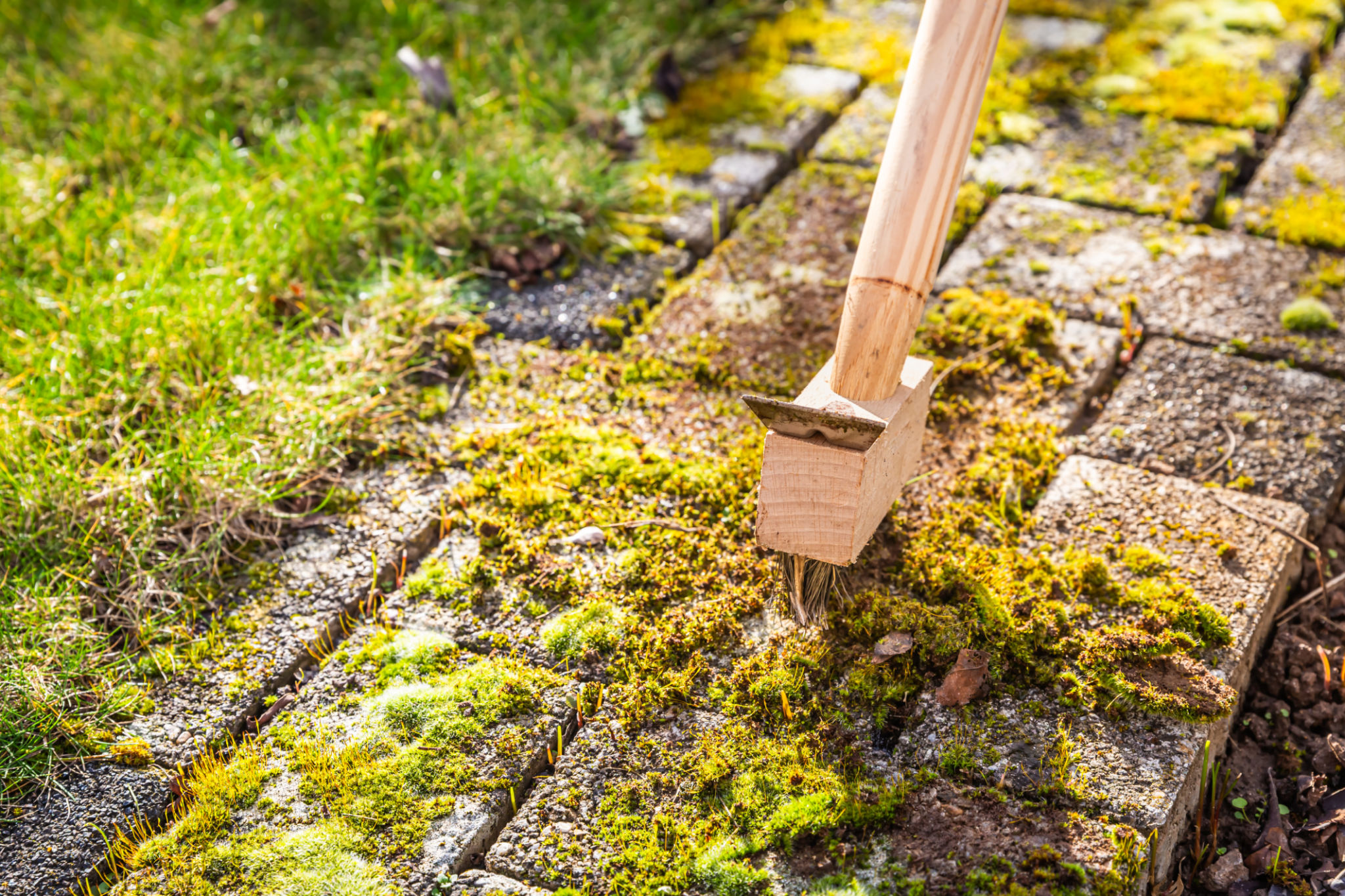The Essential Guide to Effective Moss Treatment for Your Home
Understanding Moss Growth
Moss can be a charming addition to a woodland garden, but when it starts growing on your roof or driveway, it becomes a problem. Understanding why moss grows is the first step in effective treatment. Moss thrives in damp, shaded areas with compacted soil, so addressing these conditions can help prevent its spread.

Identifying the Problem Areas
The first step in moss treatment is to identify the areas where moss is growing. Check your roof, driveways, walkways, and any shady spots in your yard. These areas are more susceptible to moss growth due to limited sunlight and moisture retention. Once identified, you can focus on treating these specific areas.
Choosing the Right Treatment Method
There are several methods to treat moss, each with its own advantages. Common treatments include chemical solutions, natural remedies, and physical removal. Chemical treatments can be effective but may pose environmental risks. On the other hand, natural remedies like vinegar or baking soda are eco-friendly but may require more frequent applications.

Chemical Treatments
Chemical treatments are widely used for removing moss from roofs and driveways. Products containing iron sulfate or zinc sulfate are effective in killing moss quickly. However, it's important to follow the instructions carefully to avoid damage to your surfaces and surrounding plants. Always wear protective gear when applying chemical treatments.
Natural Alternatives
If you prefer a more environmentally friendly approach, consider using natural remedies. A mixture of vinegar and water can be sprayed on the affected areas to kill moss. Baking soda is another option; sprinkle it directly onto the moss and let it sit for a few days before scrubbing it off. These methods are safe for plants and pets.

Preventative Measures
Once you've treated the moss, it's crucial to take steps to prevent its return. Regular maintenance such as trimming overhanging branches to increase sunlight exposure and improving drainage can decrease moss growth. Aerating compacted soil and ensuring your roof has proper ventilation can also help.
Regular Maintenance
Regular maintenance is key to keeping moss at bay. Schedule inspections of your roof and other vulnerable areas at least twice a year. Clearing debris from gutters and ensuring proper water flow will reduce moisture accumulation, discouraging moss growth.
Professional Help
If the moss problem is extensive or persistent, you might want to consider hiring a professional service. Professionals have access to commercial-grade treatments and equipment that can effectively handle severe moss infestations. While this may be more costly, it ensures thorough treatment and lasting results.

